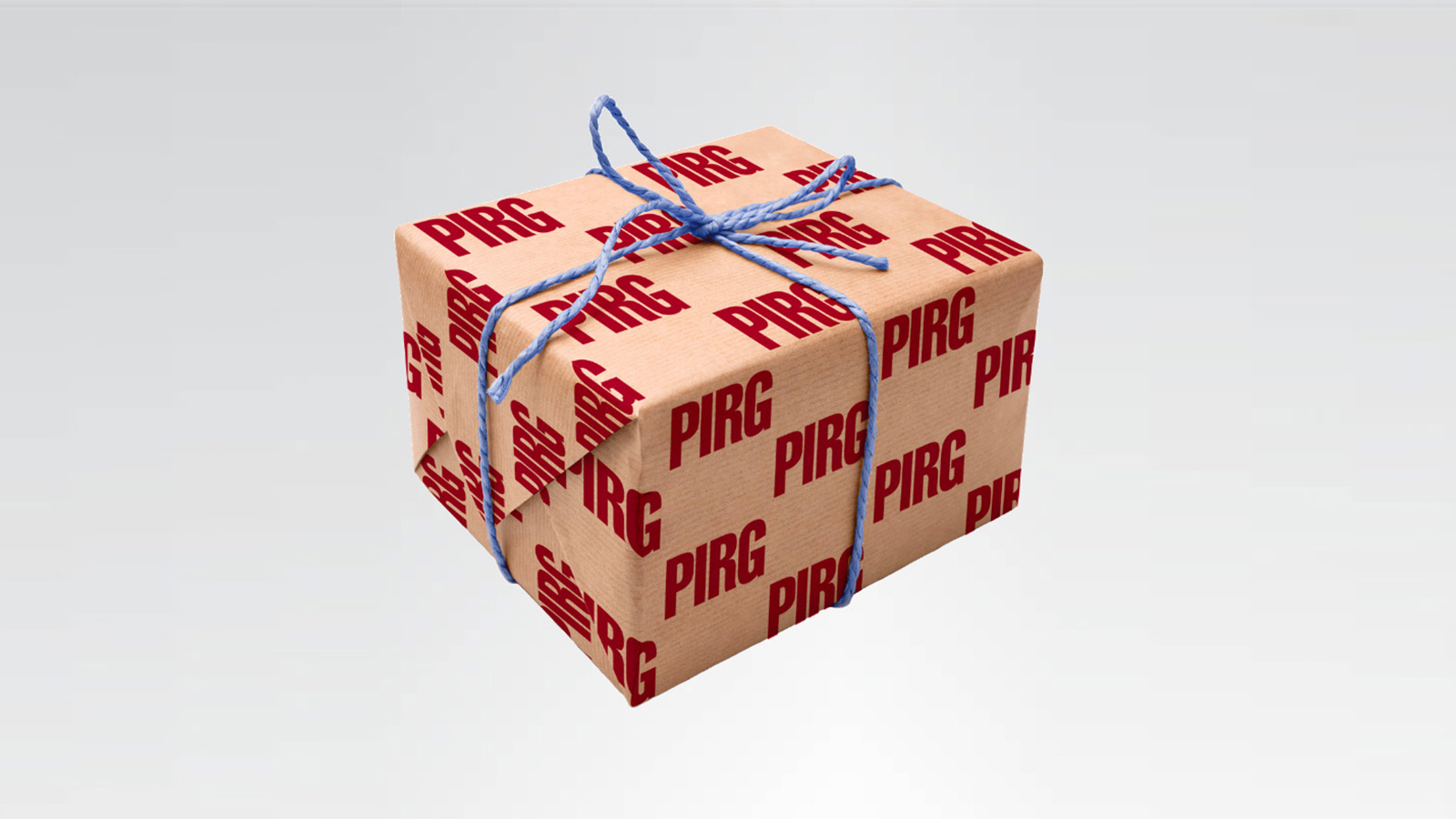
Make a plastic-free gift this year.
Wasteful plastic: We didn’t ask for it, and we can’t avoid it. But at PIRG, we have a plan to deal with it.
Donate
In the U.S., we generate 35 million tons of plastic waste each and every year.
We didn’t ask for all this plastic waste, but we can’t avoid it. If you’ve ever tried to go shopping without bringing home a big pile of unnecessary packaging, or if you’ve done any online shopping this holiday season, you know how hard it is to avoid wasteful plastic.
Wouldn’t you like to see the producers responsible for flooding our lives with all this plastic “stuff” take responsibility for the waste their products become? Perhaps you can …
Just 20 companies are responsible for producing over half of all single-use plastic in the world. By convincing corporations and other plastic producers to cut back on wasteful plastic, we can make progress toward turning the plastic pollution crisis around.
After all, the first step when your bathtub is flooding over isn’t to start mopping. The first thing you do is turn off the tap. We must stop the flood of plastic pollution at its source.
Imagine if we required producers to physically collect their products at the end of their use if they aren’t readily recyclable. Or, if we required producers to pay fees based on their products’ negative impact that would fund the collection and disposal of their products.
Such a system would incentivize the production of more sustainable alternatives to plastic and the reduction of how much material a packaging producer makes, period. It would promote the recycling of old materials into new.
And with a handful of states having already enacted “responsibility laws,” we know it’s possible.
Promoting producer responsibility isn’t the only tool in our toolbox to confront the plastic pollution crisis at PIRG. Here are just a few more tools we’re using to move beyond plastic:
It’s clear that nothing we use for just a few minutes should be allowed to pollute our communities and threaten our health for hundreds of years. And together, we know we can make a more sustainable future possible.
Your gift today can be the gift of a plastic-free future. Will you make a year-end donation today?
Donate